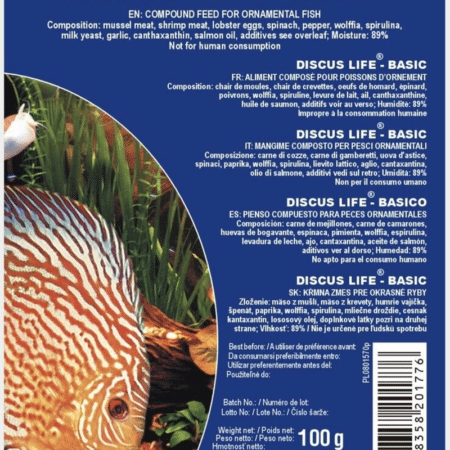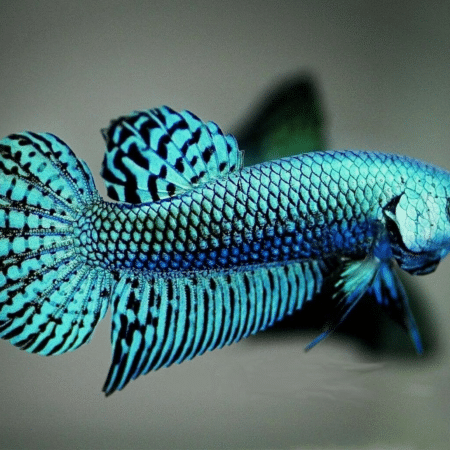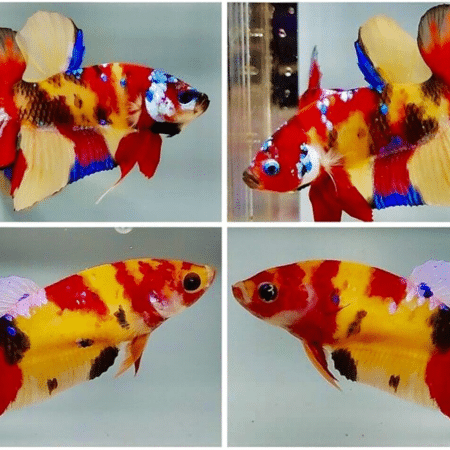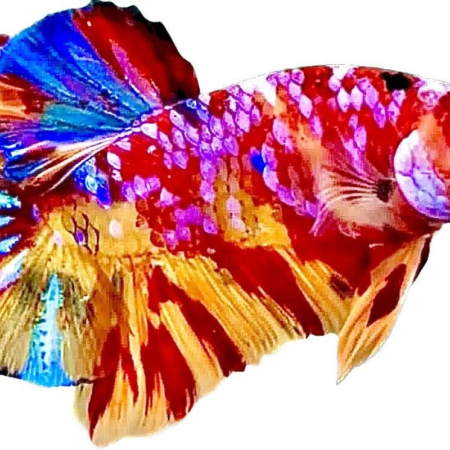To provide the best experiences, we use technologies like cookies to store and/or access device information. Consenting to these technologies will allow us to process data such as browsing behaviour or unique IDs on this site. Not consenting or withdrawing consent, may adversely affect certain features and functions.
The technical storage or access is strictly necessary for the legitimate purpose of enabling the use of a specific service explicitly requested by the subscriber or user, or for the sole purpose of carrying out the transmission of a communication over an electronic communications network.
The technical storage or access is necessary for the legitimate purpose of storing preferences that are not requested by the subscriber or user.
The technical storage or access that is used exclusively for statistical purposes.
The technical storage or access that is used exclusively for anonymous statistical purposes. Without a subpoena, voluntary compliance on the part of your Internet Service Provider, or additional records from a third party, information stored or retrieved for this purpose alone cannot usually be used to identify you.
The technical storage or access is required to create user profiles to send advertising, or to track the user on a website or across several websites for similar marketing purposes.














Emily Carter (verified owner) –
As a caring fish parent, I always prioritize my betta’s health and happiness. I recently switched to Tropical Betta Flakes infused with bloodworms and krill, and I couldn’t be happier with the results! After just a week of using these flakes, I noticed a significant improvement in my betta’s energy levels; he’s more active and vibrant than ever before. The flakes are a perfect size for him—no more wasted food floating around! Compared to the other brands I’ve tried, these flakes are much more appealing to him, and I appreciate the high-quality ingredients that put his welfare first. My only minor concern is that sometimes the flakes can break into smaller pieces during feeding, but my betta doesn’t seem to mind at all. These are perfect for any betta fish owner looking to enhance their fish’s diet. Highly recommend these flakes to anyone who wants to see their fish thrive and enjoy mealtime!
Emily Carter (verified owner) –
As a devoted fish parent, I am always on the lookout for high-quality nutrition for my betta fish. I recently tried the Tropical Betta Flakes infused with bloodworm and krill, and I couldn’t be happier! Within just a week of switching their diet, I noticed my bettas displaying more vibrant colors and more active behavior. The flakes are the perfect size for their small mouths and dissolve beautifully, making them easy to eat.
Compared to other brands I’ve used, these flakes have a unique aroma that my fish seem to find irresistible. I’ve even seen them nibbling at the surface, which is great to see! One minor concern is that the flakes can be a bit too fine at times, which might not be ideal for larger fish if they happen to share the tank — so I keep an eye on that.
If you’re a fellow aquarist looking to enhance your betta’s health and happiness, I highly recommend these tropical flakes! They promote not only beautiful colors but also overall well-being. Plus, they shipped quickly and arrived in perfect condition. I will definitely buy again!